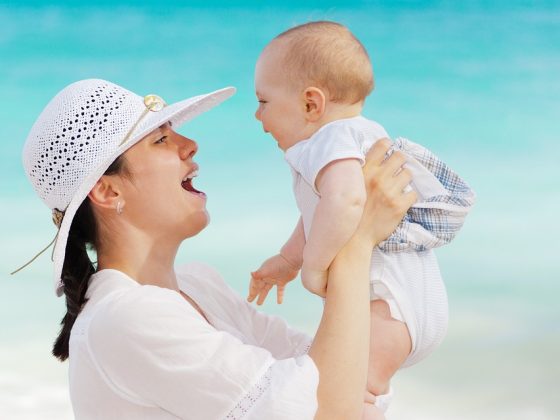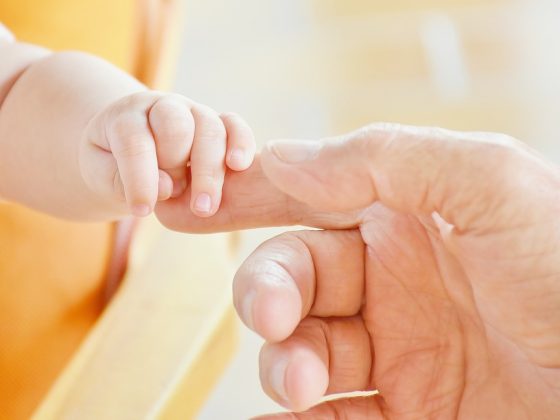Babies are constantly growing and developing, not just physically, but mentally as well. Taking care of a baby's mental health is just as important as taking care of their physical health. Supporting healthy development in the early stages of life can set the foundation for a child's well-being and success later on. Here are some strategies for supporting your baby's mental health:
1. Create a nurturing and responsive environment: Babies thrive in environments where they feel safe, loved, and secure. Responding to your baby's cues promptly and consistently helps build trust and attachment. Engage in activities that promote bonding, such as skin-to-skin contact, cuddling, and talking to your baby.
2. Provide stimulation: Babies are constantly exploring and learning about the world around them. Providing age-appropriate toys and activities can help stimulate their cognitive development. Talk to your baby, sing songs, read books, and introduce them to different textures, colors, and sounds.
3. Establish routines: Babies thrive on predictability and routine. Establishing a daily schedule for feeding, sleeping, and playtime can help your baby feel secure and comfortable. Consistent routines can also help regulate your baby's emotions and behavior.
4. Encourage social interactions: Babies learn social skills through interactions with others. Encourage playdates with other babies, and engage in activities that promote social bonding, such as peek-a-boo or pat-a-cake. Interacting with siblings, grandparents, and other family members can also help your baby develop social skills.
5. Monitor developmental milestones: Keeping track of your baby's developmental milestones can help identify any potential delays or concerns early on. Talk to your pediatrician if you notice any red flags, such as delays in speech, motor skills, or social interactions.
6. Take care of yourself: As a parent, your own mental health and well-being are important for supporting your baby's mental health. Take breaks when needed, practice self-care, and seek help if you are feeling overwhelmed or stressed. Remember, you cannot pour from an empty cup.
7. Seek help when needed: If you have concerns about your baby's mental health or development, seek help from a healthcare provider or mental health professional. Early intervention can make a significant difference in your baby's well-being and future success.
FAQs:
Q: At what age should I start thinking about my baby's mental health?
A: You can start supporting your baby's mental health from day one. Bonding with your baby, providing a nurturing environment, and responding to their needs help lay the foundation for healthy mental development.
Q: How can I tell if my baby is struggling with mental health issues?
A: It can be challenging to identify mental health issues in babies, as they cannot communicate their feelings verbally. However, some signs to watch for include changes in sleep patterns, eating habits, or behavior, excessive crying, and difficulty bonding with caregivers. Trust your instincts and seek help if you have concerns.
Q: Are there resources available to support my baby's mental health?
A: Yes, there are several resources available to support your baby's mental health. Your pediatrician can provide guidance and referrals to mental health professionals if needed. Early intervention programs, parenting classes, and support groups can also be helpful resources.
In conclusion, taking care of a baby's mental health is a crucial aspect of parenting. By providing a nurturing environment, stimulating experiences, and consistent routines, you can support your baby's healthy mental development. Remember to prioritize your own well-being and seek help if you have concerns about your baby's mental health. With love, patience, and support, you can help your baby thrive and reach their full potential.











